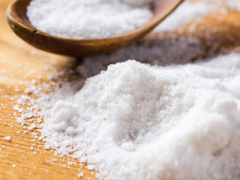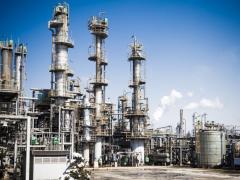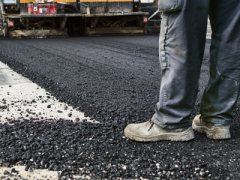Decarbonisation options for the Dutch potato products industry
This report on decarbonisation options for the Dutch potato products industry is part of the MIDDEN project (Manufacturing Industry Decarbonisation Data Exchange Network) initiated by PBL and TNO. The project aims to support industry, policymakers, analysts and the energy sector in their common efforts to achieve deep decarbonisation. The report gives an overview of the potato products industry and the options for decarbonisation.
The potato products industry in the Netherlands
The Dutch potato processing, one of the largest in the world, produces about 2.5 million tonnes of processed potato products, including a large variety of products such as frozen French fries, chilled potato products, potato flakes, and crisps. Nearly 90% of these products are exported. There are 18 major sites in the Netherlands where potatoes are processed, and 7 large companies active in the sector. The industry emitted about 400 ktCO2 in 2017, of which 267 ktCO2 were covered by the European Union’s Emissions Trading Scheme (EU ETS).
Decarbonisation options include fuel substitution, material- and energy efficiency
This report describes the current status of the potato processing sector of the Netherlands at a national level, and gives recommendations on the tools that could be used to decarbonise potato processing by 2050, in order to support the broad goals of decarbonisation of the Dutch industrial sector.
Key decarbonisation options for the potato processing sector include:
- Material efficiency: Reducing product waste in the process, particularly in the peeling, sorting and blanching steps would reduce material needs and therefore energy requirements and CO2 emissions (both onsite and upstream) to meet product demand. Valorization of remaining waste streams via biogas production could also reduce the energy needs and CO2 emissions of the sector.
- Energy efficiency: Peeling, blanching and frying are key process steps where new technologies are being developed to reduce energy consumption. Implementation of these, along with good practices, could reduce energy demand.
- Fuel substitution: The use of low-carbon or carbon-neutral energy sources in place of natural gas would eliminate the direct CO2 emissions associated with the sector. These can include biogas, green gas, hydrogen, or carbon-free electricity to provide heat and steam to the process.
Authors
Specifications
- Publication title
- Decarbonisation options for the Dutch potato products industry
- Publication date
- 13 July 2020
- Publication type
- Report
- Page count
- 46
- Publication language
- English
- Product number
- 3658




